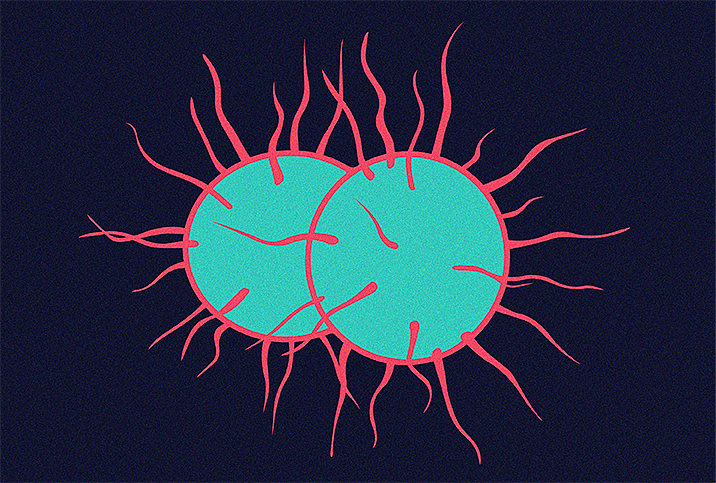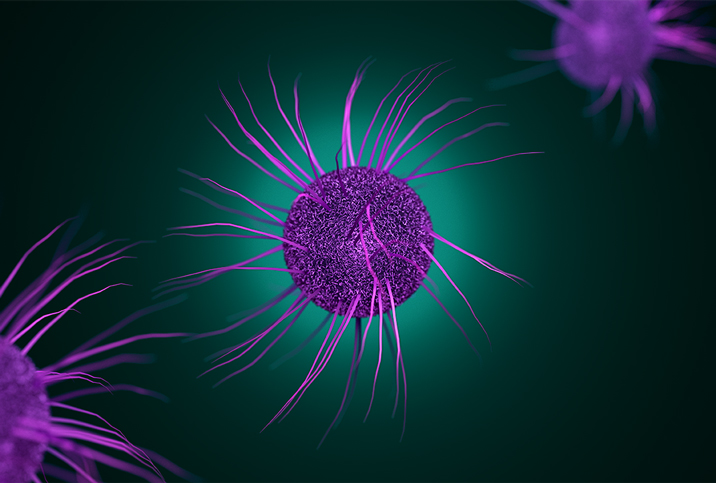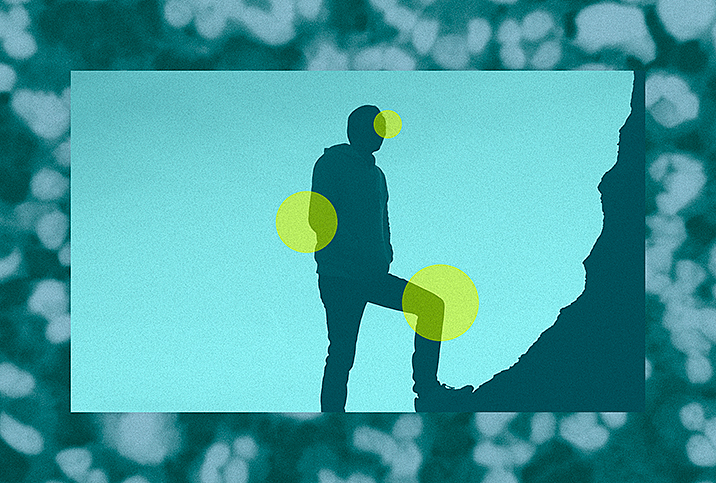Can Gonorrhea Cause Erectile Dysfunction?

Aside from the potential for dangerous complications, gonorrhea can also lead to unpleasant symptoms, including erectile dysfunction (ED).
Gonorrhea is a sexually transmitted disease (STD) caused by the Neisseria gonorrhoeae bacteria. In men, the bacteria can infect the mucous membranes of the urethra, mouth, throat, eyes or rectum. The infection that leads to the disease can be spread through vaginal, oral and anal sex.
Gonorrhea is pretty common—the second most common bacterial STD in the United States, according to the Centers for Disease Control and Prevention (CDC). It estimates that in 2018 there were about 1.6 million new gonorrhea infections in the U.S., with most occurrences in young people ages 15 to 24. Experts believe the actual number of people who have gonorrhea is much higher because the infection is often asymptomatic and therefore goes undetected.
Gonorrhea and erectile dysfunction
So how does gonorrhea become an STD that causes erectile dysfunction? Well, as it turns out, gonorrhea—along with other sexually transmitted infections (STIs) and STDs such as chlamydia, HIV and viral hepatitis—can lead to epididymitis and prostatitis, which can cause symptoms of ED.
Epididymitis occurs when bacteria inflame the epididymis, the coiled tube located in the back of each testicle that carries sperm. Chronic cases can cause ED. Gonorrhea can also create an acute bacterial infection in the urethra and the prostate gland, which is responsible for storing and producing the seminal fluid that safely transports sperm.
Prostatitis, often caused by a bacterial infection, is inflammation and swelling of the prostate gland. Men with prostatitis may experience painful ejaculation, which can lead to ED. In cases of chronic nonbacterial prostatitis, ED may become a long-term issue.
As these conditions are known to cause discomfort both physically and psychologically, it is not uncommon for men to have a difficult time achieving and maintaining an erection hard enough for sex as a result.
If you experience any symptoms of gonorrhea, you should consult your doctor right away. Leaving gonorrhea untreated can lead to worsened symptoms far beyond sexual dysfunction. Potential serious complications include infertility, increased risk of contracting other STIs and STDs, and even death.
Fortunately, some antibiotics can cure gonorrhea. Experts advise that you abstain from sexual activity until you are treated for gonorrhea and test negative for the infection, so you don't pass the infection on to other partners.
How to recognize and avoid gonorrhea
While it's true that many cases of gonorrhea are asymptomatic, and therefore more difficult to detect, it's important to be able to identify the symptoms of gonorrhea if they do arise.
Symptoms of gonorrhea in men include:
- Pus-like penis discharge
- Painful urination
- Swelling or pain in the testicles or scrotum
- Abdominal or pelvic pain
- Anal itching or pus-like discharge
- Rectal bleeding
If you have unprotected sex or have sex with multiple partners, you should be getting tested for STIs and STDs routinely. Most doctors recommend quarterly tests, though you can get tested more often if you see fit.
Typically, a gonorrhea screening will require you to provide your doctor with a urine sample to be sent to a lab for testing. If you're experiencing potential symptoms, your doctor may also swab the affected area, whether that be the urethra, throat, rectum, mouth or eyes. The urine sample along with the swab will reveal whether the gonorrhea bacteria are present.
Treatment for gonorrhea usually involves antibiotics taken orally or administered through injections. The type of antibiotic you get will vary from case to case, as some gonorrhea strains are more antibiotic-resistant than others. And remember: It's crucial to finish all of your prescribed antibiotics, even if symptoms disappear. If you don't, the infection could become stronger and more difficult to treat.
Because gonorrhea is sexually transmitted, anyone who is sexually active is at risk of getting infected. You can avoid or lower your chances of getting the infection by abstaining from sex or using latex condoms and dental dams during sex.
So can gonorrhea actually cause erectile dysfunction? The path may be indirect, but yes, the initial infection can affect the epididymis and the prostate, which, in turn, can affect a man's ability to get hard enough for sexual activity.


















